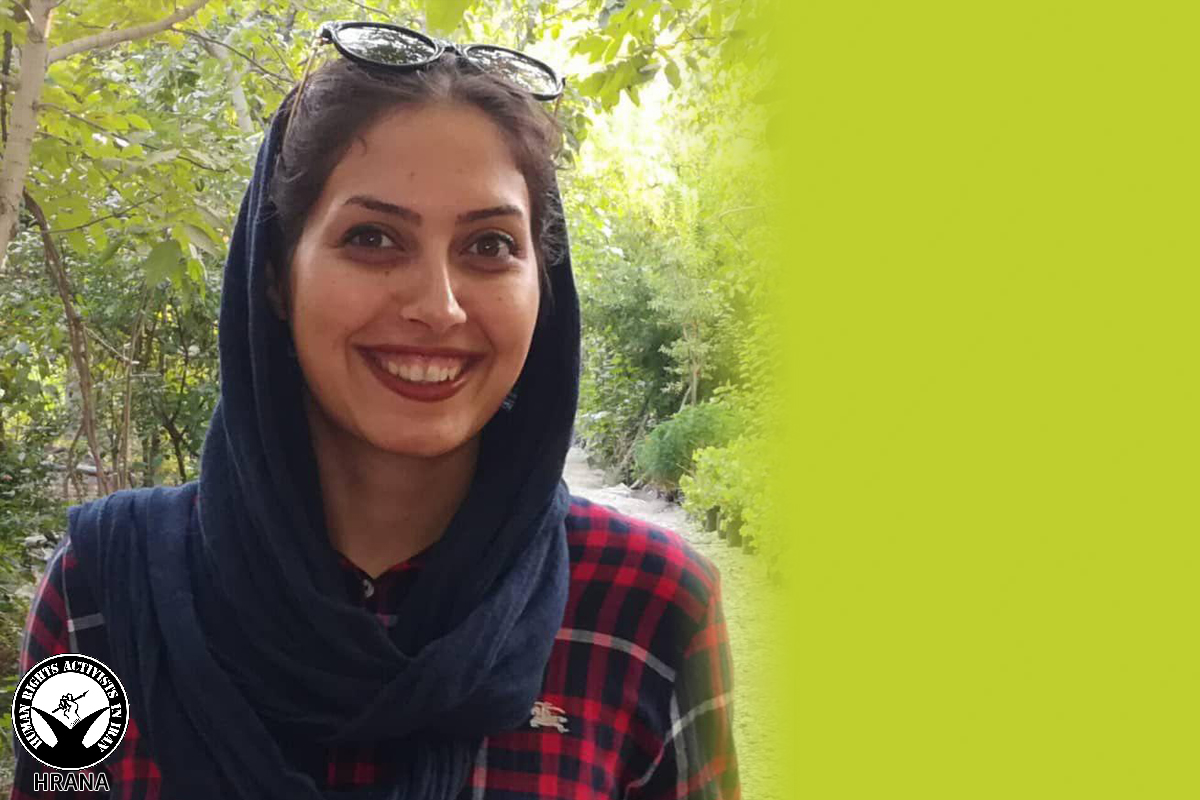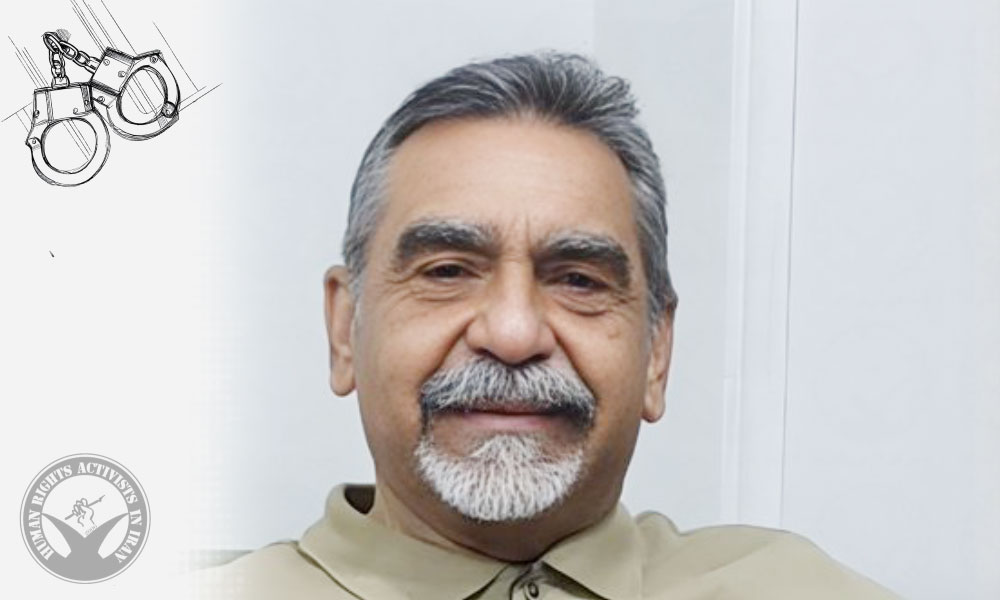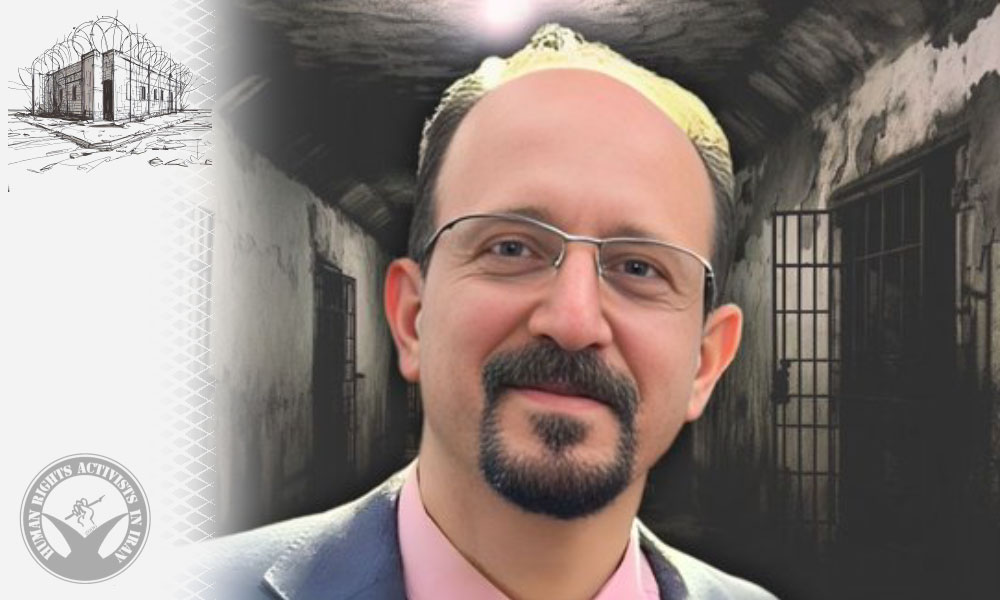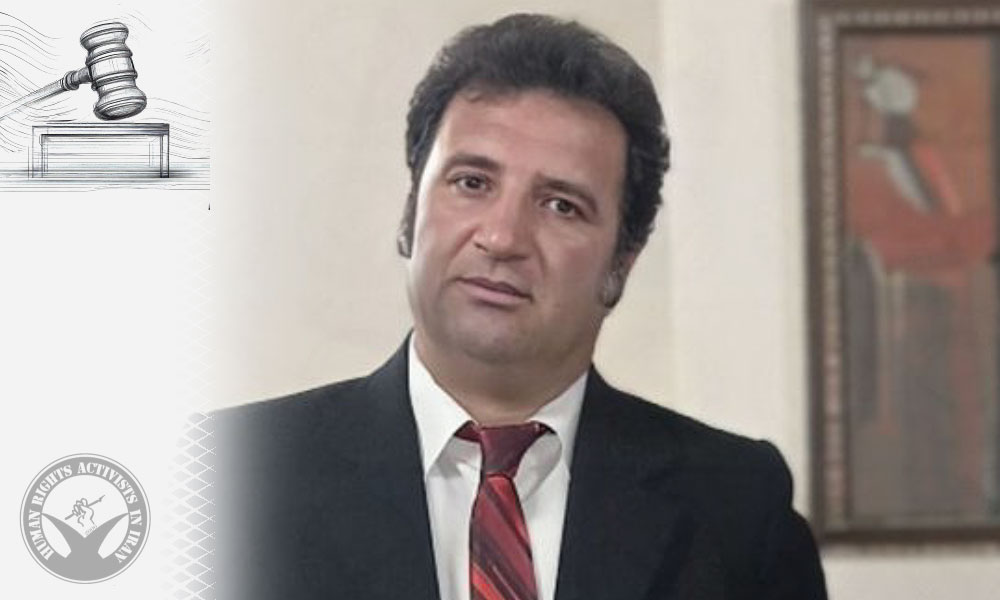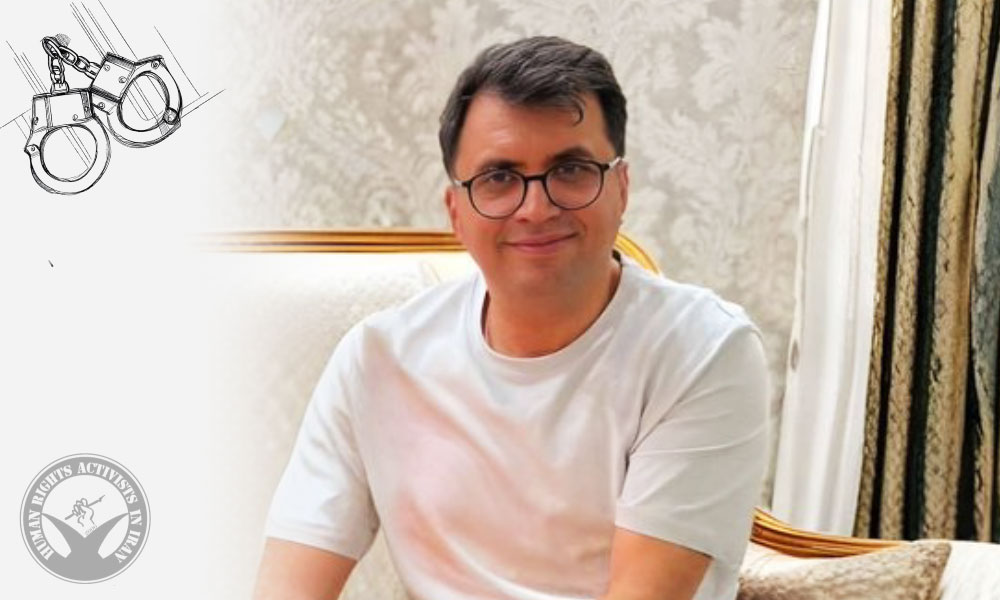Human Rights Activist News Agency (HRANA) – The aggression against Baha’is in Iran was still palpable Thursday, September 27th when Shiraz-based Security forces raided the home of Shirazi Baha’i prisoner of conscience Noora Pourmoradian, seizing her personal belongings and temporarily detaining her mother and father.
Claiming that the search was necessary to the completion of Noora’s case, security forces threatened the Pourmoradian family with “severe consequences” if they leaked photo evidence or publicly disclosed information about the incident.
“To intimidate them, they handcuffed Mr. Saeid Pourmoradian (Noora’s father) and took him into the car, menacing him [about what would happen] if he didn’t keep quiet,” a close source told HRANA.
On Sunday, September 16, 2018, HRANA reported on Noora Pourmoradian’s arrest and transfer to a Shiraz Intelligence Detention Center known as Plaque 100. Four other Shirazi Baha’is were arrested the same day: Elaheh Samizadeh, Ehsan Mahbub-Rahvafa, and married couple Navid Bazmandegan and Bahareh Ghaderi.
In recent weeks, HRANA reported on the arrest of several Baha’i citizens by security forces in the cities of Shiraz and Karaj, so many instances of increasing pressures on this religious minority community from judicial and security institutions. In recent weeks, HRANA reported on the arrest of eight Baha’i residents of Baharestan, a newly-built city about 18 miles south of Isfahan: Saham Armin, Afshin Bolbolan, Anush Rayneh, Milad Davardan, Farhang Sahba, Bahareh Zeini (Sobhanian), Sepideh Rouhani and Fuzhan Rashidi. Meanwhile, six Baha’i residents of Karaj were arrested and transferred to Evin Prison: Hooman Khoshnam, Payam Shabani, Peyman Maanavi, Maryam Ghaffaramanesh, Jamileh Pakrou, and Kianoush Salmanzadeh.
Iranian Baha’i citizens are systematically deprived of religious freedoms, while according to Article 18 of the Universal Declaration of Human Rights and Article 18 of the International Covenant on Civil and Political Rights, everyone is entitled to freedom of religion and belief, and the right to adopt and manifest the religion of their choice, be it individually, in groups, in public, or in private.
Based on unofficial sources, more than 300,000 Baha’is live in Iran. Iran’s Constitution, however, only recognizes Islam, Christianity, Judaism, and Zoroastrianism, and does not acknowledge the Baha’i faith as an official religion. Consequently, the rights of Baha’is are systematically violated in Iran.



